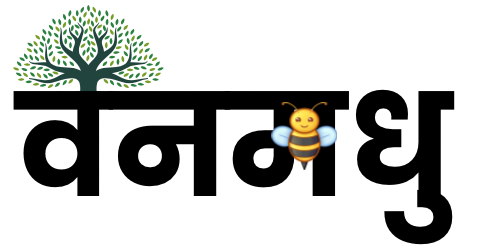🐝 Why Beekeeping Is Booming in 2025
1. Sustainability & Climate Awareness People are more eco-conscious than ever. With pollinators playing a crucial role in global food production, beekeeping is seen as a hands-on way to support biodiversity. Urban dwellers are joining in, with rooftop hives becoming a symbol of sustainable living.
2. Rising Interest in Organic, Local Food From honey to beeswax to propolis, home-produced bee products are in high demand. Backyard beekeeping ensures your honey is raw, organic, and zero-mile, appealing to health-conscious consumers and cottage industry sellers alike.
3. Mental Health Benefits Beekeeping is a therapeutic hobby. The meditative hum of a hive, the connection to nature, and the routine of hive checks can reduce anxiety and promote mindfulness.
4. TikTok & YouTube Trends Social media is swarming with beekeeper influencers showing off their hives, harvesting honey ASMR-style, and rescuing wild swarms. The visual appeal and wholesome vibes have made beekeeping a trending topic on platforms like TikTok, Instagram, and YouTube.
🌼 Getting Started with Beekeeping: A Beginner’s Guide
Step 1: Know Your Local Laws Check your city or county regulations. Many areas now support urban beekeeping, but you may need permits or to follow certain distance rules from neighbors.
Step 2: Get the Right Gear Basic essentials include:
- A bee suit and gloves
- Smoker and hive tools
- Langstroth or top-bar hive
- A nucleus colony (nuc) or package bees
Step 3: Choose Your Bees Wisely For beginners, Italian or Carniolan bees are gentle and easy to manage. Purchase from a local, reputable breeder to ensure healthy genetics adapted to your region.
Step 4: Learn Before You Leap Take a beekeeping course online or join a local beekeepers’ association. The more you learn, the better you’ll care for your bees—and the more honey you’ll harvest.
🧪 Trends in Beekeeping for 2025
1. AI-Powered Hive Monitoring Smart hives equipped with sensors and cameras are helping beekeepers track hive health in real-time, detecting temperature changes, hive weight, and even mite infestations.
2. Regenerative Beekeeping This goes beyond sustainable—it’s about creating hives that restore the environment. More beekeepers are planting pollinator-friendly gardens and embracing chemical-free practices.
3. Raw Honey Microbrands Small-scale beekeepers are building microbrands, selling artisanal honey with location-based names and flavor profiles—think “Spring Hill Clover Gold” or “Urban Wildflower Drizzle.”
4. Bee Rescue & Relocation Urban beekeepers are stepping up as first responders, safely relocating swarms instead of letting them be exterminated.
🌍 Beekeeping and the Future of Food
Bees pollinate about one-third of everything we eat. Without them, our food systems—and ecosystems—would collapse. By becoming a beekeeper, you’re not just collecting honey. You’re playing a vital role in protecting our planet.
🔍 Final Buzz: SEO Keywords You Might Be Searching
- “how to start beekeeping 2025”
- “urban beekeeping tips”
- “raw honey benefits”
- “beginner beekeeping equipment”
- “is beekeeping good for the environment”
Whether you’re in a high-rise or on a homestead, beekeeping is a powerful, rewarding way to connect with nature, support your community, and taste the sweet results.
So—are you ready to keep some bees? 🐝🌸




